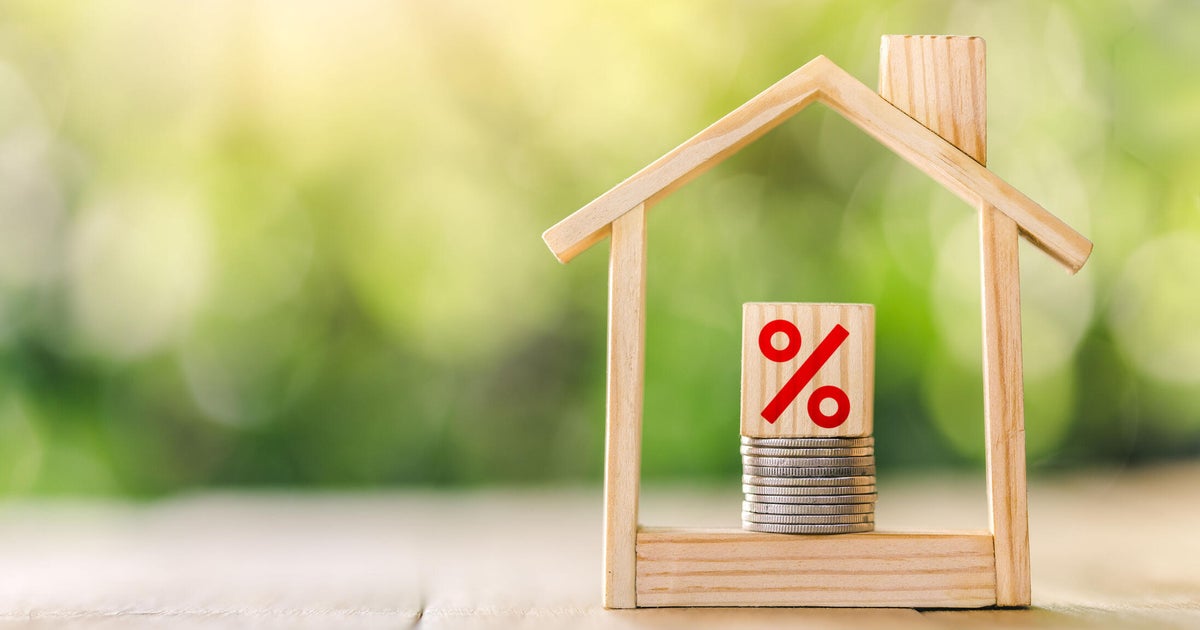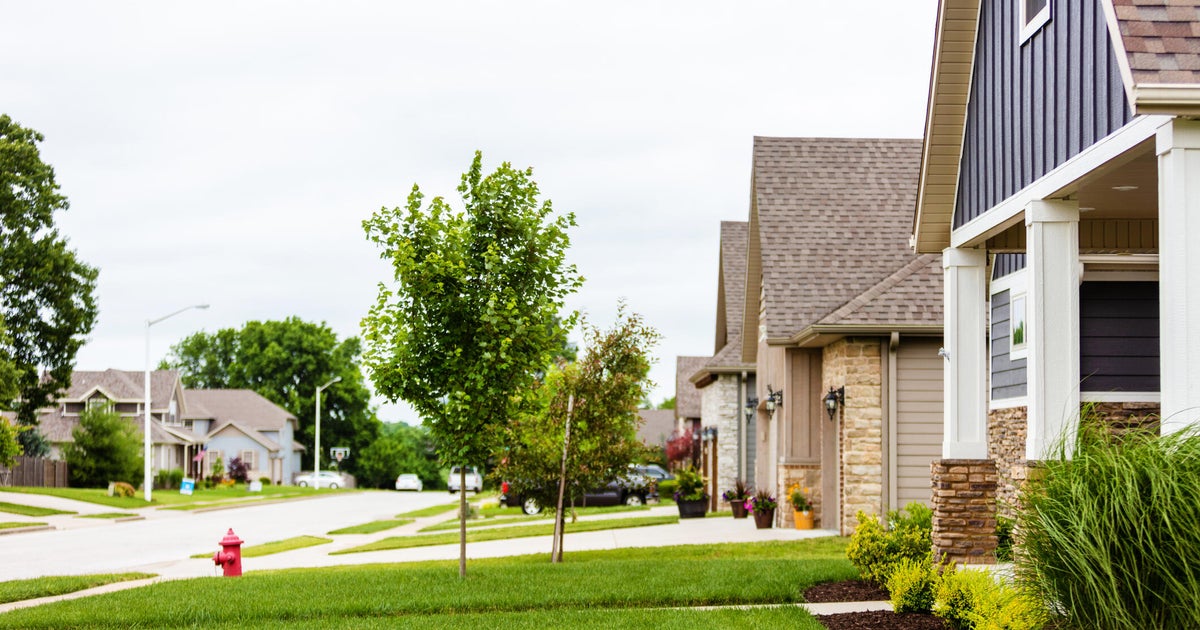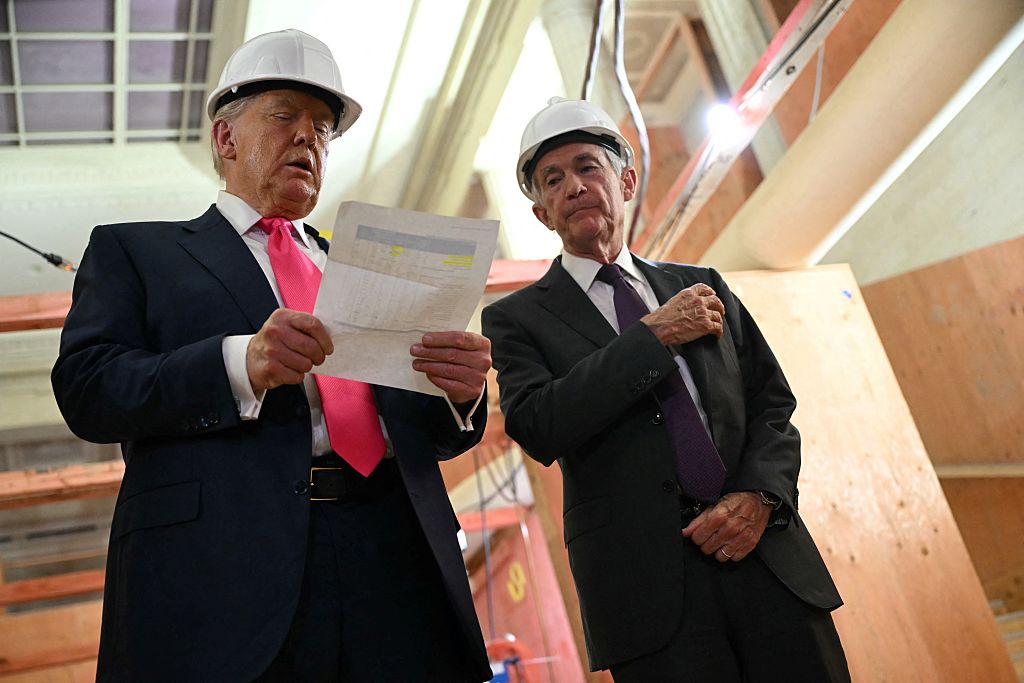Should you lock in a mortgage rate before the next Fed meeting? Here's what experts think
Since 2022, the Federal Reserve has raised interest rates 11 times. During the most recent Fed meeting in September, however, the central bank did not issue another rate hike. Still, many predict the Fed will raise interest rates again when it meets next in November, and interest rates could remain elevated for a while after that.
And, while the Fed does not directly dictate mortgage rates, it generally influences the real estate market.
"The Fed is likely to increase rates by 25 basis points in November, which will likely keep upward pressure on mortgage rates," says Eric Fox, chief economist at Veros.
From there, it could be a while until rates drop.
"I think our best chance of a rate drop is late 2024 or into 2025 — whenever the economy gets bad enough that the Fed needs to lower rates to energize it," says Mason Whitehead, a home loan specialist at Churchill Mortgage.
Explore the mortgage rates you could qualify for here.
Should you lock in a mortgage rate now?
Amidst the strong possibility that interest rates will increase further, or at least remain elevated, many experts think that homebuyers are better off locking in rates now.
"If you're a serious buyer and need to buy in the next month or two, it's best to lock in the rate, as they aren't coming down anytime soon," says Lisa Simonsen, licensed associate real estate broker at Douglas Elliman Real Estate.
But even if rates don't end up rising, you might be better off acting now.
"I always advise locking rates sooner rather than later. We make decisions based on the information in front of us and not speculating what may happen tomorrow or next week/month," says Whitehead.
Learn more about the top mortgage rates you could qualify for here.
Marry the property but date the rate, experts say
Buying a home and taking out a mortgage now could also be helpful from a real estate cost perspective.
"Due to a continued constrained supply of homes on the market, it is unlikely that there will be any slowdown in the upward march of house prices. The best approach is to simply purchase what you can afford today and refinance down the road when mortgage rates tick down," says Fox. "This will allow buyers to participate in home equity gains rather than sitting on the sidelines."
By focusing on what you can afford now, you don't have to worry as much if it takes a while for rates to come down. And, while rates can change, you might only have one opportunity to buy a particular home.
"I like to say you date the rate and marry the property," says Simonsen. "You can always refinance but you can't always find your dream home."
Keep in mind, however, that rates might not get back to their pandemic lows. While rates might seem high now, they look more reasonable from a historical perspective.
"Buyers got used to perpetually — and artificially — low interest rates. For the time being, believe this to be the new normal. I do not think we will see those artificially historic low rates in the near future," says Nikki Beauchamp, senior global real estate advisor, licensed associate real estate broker at Engel & Völkers.
That's why it's important to not overextend yourself when taking out a mortgage.
"You need to be comfortable with your payment as-is and not need the rate to drop and refinance in the future to comfortably afford the payment," says Whitehead. "Plan and budget for what is real, not what you hope for in the future."
Focus on what you can control
Homebuyers can't control the Fed's policy, and many experts think that homebuyers shouldn't get overly caught up in which way the winds are blowing.
"Those borrowers who have been most successful don't pay attention to short-term increases and decreases in mortgage interest rates. Rather, it is best to focus on the long-term, purchase what you can afford today, participate in home equity growth, and refinance whenever possible in the future," says Fox.
You also might be able to get some relief via seller concessions.
Ask for concessions like rate buydowns, which involve paying money upfront to reduce mortgage rates, and "potentially check to see if there is the possibility of assuming a mortgage as well," says Beauchamp.
That said, don't assume you'll get these types of concessions. It probably doesn't hurt to ask, but the market conditions might not work in buyers' favor.
"Due to the constrained supply of homes on the market today, extensive seller concessions are not going to be widely available to offset higher mortgage interest rates," says Fox.
The bottom line
Overall, buyers need to focus on what they can control, experts say, like finding a home within their budgets. And, that's true regardless of rates.
"If something suits your needs and one can comfortably make it work and build equity, it is worth considering," says Beauchamp.




